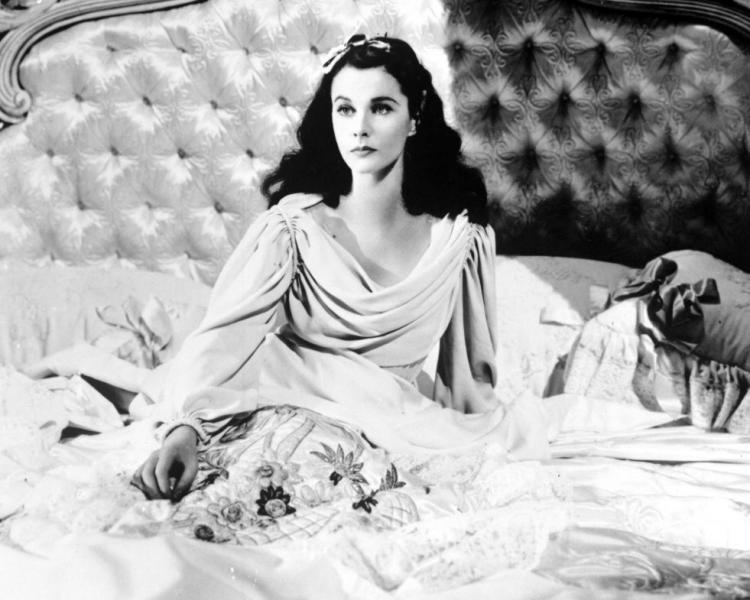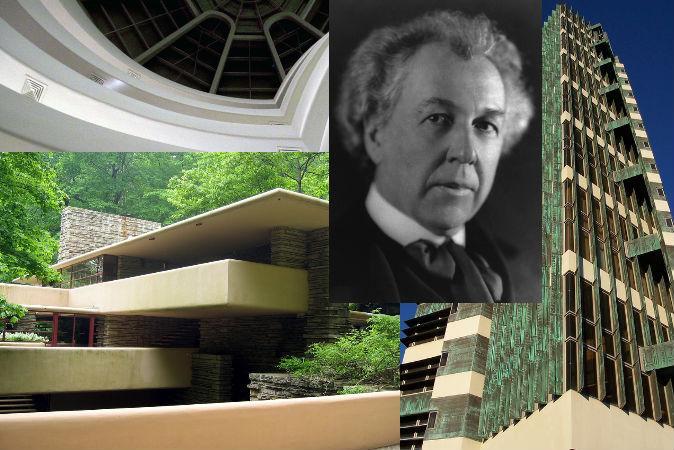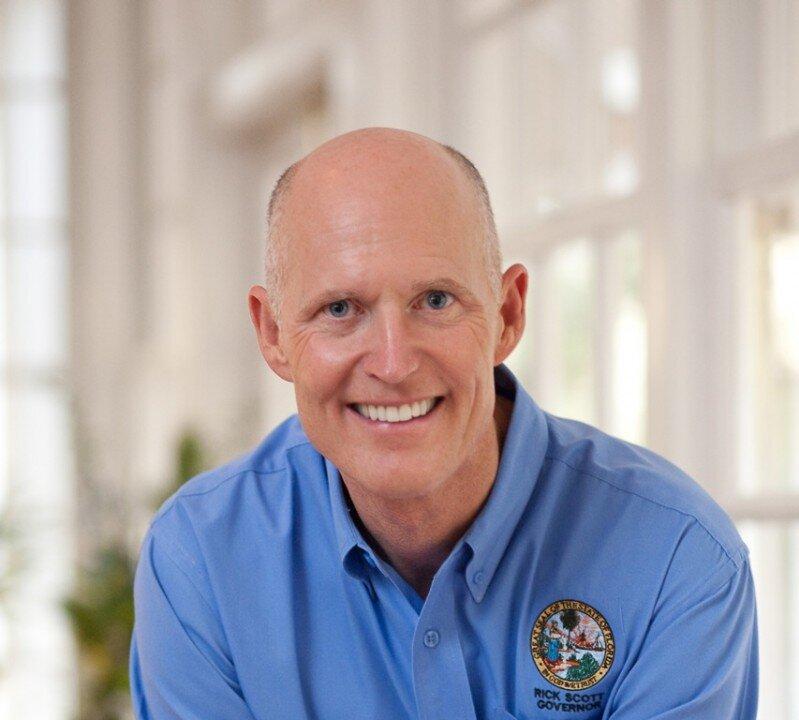Seen as either a propaganda war film or a tragic and scandalous love story—“That Hamilton Woman” by Hungarian director/producer, Alexander Korda brings to life a tale of history that highlights the flourishing days of Lady Emma Hamilton and Lord Haratio Nelson.
The film takes place in the late eighteenth century during the Napoleonic Wars, and it’s said that Winston Churchill helped inspire the film. Labeled as a propaganda piece, and released in 1941, Korda and crew craftily reflected on the reign of tyranny under Napoleon Bonaparte in order to instigate a reaction in Americans, with hopes they might choose to support the British against Adolf Hitler’s Third Reich.
The end result is a dazzling depiction of history captured on film, under a very tight budget and finalized in only five weeks time. “That Hamilton Woman” became Churchill’s favorite movie, which he claimed to have seen over eighty times.
Enlisted by Korda to spark a romance on film, real life couple Vivien Leigh and Laurence Olivier were cast to play Lady Hamilton and her hero/lover Lord Horatio Nelson. The matter of timing was precise, as just before filming commenced Leigh and Olivier had completed their divorce papers to previous spouses, ready to share themselves with the camera—adding a deeper reality to Korda’s project through their affections for one another.
The couple had met in 1937 on the set of another Korda project, “Fire Over England,” the first of the two films they worked on together. They would remain married for twenty years, but end in divorce.
Leigh, who played Scarlett O’Hara in “Gone with the Wind,” equals herself in her role as Lady Emma Hamilton—who was married, not out of love, but more for the benefits of climbing the societal ladder to Sir William Hamilton. Her innocence as a charmingly playful yet spoiled dignitary’s wife dissolves as she becomes infatuated with Nelson and the happenings of war.
Nelson, who is married to Lady Frances Nelson before becoming bedazzled by Lady Hamilton, succumbs to his desires for her rather than following his moral compass and honoring his loyalties to his wife. On the contrary, he wins numerous battles by remaining true in his loyalties to Britain, firmly standing up against a manipulative Napoleon, fearless even as others falter. Yet he is finally brought to his fate, as he dies in war while at sea, still as a hero in name, yet leaving Emma lost in sorrow.
The story begins and ends with an old, haggard Lady Hamilton. Perhaps she is now paying a price for leading her adulterous life with Nelson—telling a younger woman her story in the form of a flashback. At the end, after returning to the present moment, the young woman asks, “What happened then?” Emma replies, “There is no then … there is no after.”
The film has been restored and rereleased on DVD by the Criterion Collection, with special features including an audio commentary by film historian, Ian Christie, and a new video interview with author and editor, Michael Korda, Alexander’s nephew.
The film takes place in the late eighteenth century during the Napoleonic Wars, and it’s said that Winston Churchill helped inspire the film. Labeled as a propaganda piece, and released in 1941, Korda and crew craftily reflected on the reign of tyranny under Napoleon Bonaparte in order to instigate a reaction in Americans, with hopes they might choose to support the British against Adolf Hitler’s Third Reich.
The end result is a dazzling depiction of history captured on film, under a very tight budget and finalized in only five weeks time. “That Hamilton Woman” became Churchill’s favorite movie, which he claimed to have seen over eighty times.
Enlisted by Korda to spark a romance on film, real life couple Vivien Leigh and Laurence Olivier were cast to play Lady Hamilton and her hero/lover Lord Horatio Nelson. The matter of timing was precise, as just before filming commenced Leigh and Olivier had completed their divorce papers to previous spouses, ready to share themselves with the camera—adding a deeper reality to Korda’s project through their affections for one another.
The couple had met in 1937 on the set of another Korda project, “Fire Over England,” the first of the two films they worked on together. They would remain married for twenty years, but end in divorce.
Leigh, who played Scarlett O’Hara in “Gone with the Wind,” equals herself in her role as Lady Emma Hamilton—who was married, not out of love, but more for the benefits of climbing the societal ladder to Sir William Hamilton. Her innocence as a charmingly playful yet spoiled dignitary’s wife dissolves as she becomes infatuated with Nelson and the happenings of war.
Nelson, who is married to Lady Frances Nelson before becoming bedazzled by Lady Hamilton, succumbs to his desires for her rather than following his moral compass and honoring his loyalties to his wife. On the contrary, he wins numerous battles by remaining true in his loyalties to Britain, firmly standing up against a manipulative Napoleon, fearless even as others falter. Yet he is finally brought to his fate, as he dies in war while at sea, still as a hero in name, yet leaving Emma lost in sorrow.
The story begins and ends with an old, haggard Lady Hamilton. Perhaps she is now paying a price for leading her adulterous life with Nelson—telling a younger woman her story in the form of a flashback. At the end, after returning to the present moment, the young woman asks, “What happened then?” Emma replies, “There is no then … there is no after.”
The film has been restored and rereleased on DVD by the Criterion Collection, with special features including an audio commentary by film historian, Ian Christie, and a new video interview with author and editor, Michael Korda, Alexander’s nephew.






